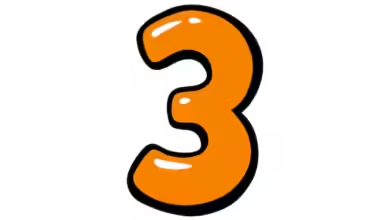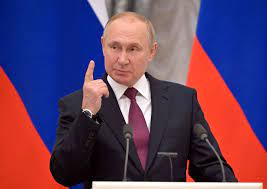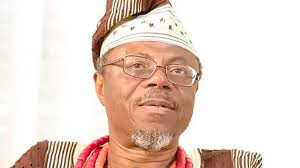The Silent Genocide: Why Nigeria’s Minorities in the Middle Belt Are Being Slaughtered Without Justice

Dr T. A. Adegba
Across the rolling hills and fertile plains of Nigeria’s Middle Belt, an unspeakable tragedy unfolds — villages burnt to ashes, families butchered, women widowed, children orphaned, and ancestral lands seized. For over a decade, minority ethnic communities in Benue, Plateau, Nasarawa, Taraba, Niger, Southern Kaduna, and Kogi have endured waves of attacks from heavily armed militias often described as killer-herdsmen. Yet, despite the bloodshed, the perpetrators kill, plunder, and vanish — without being traced, arrested, or prosecuted.
This is not random violence. It is a carefully orchestrated assault driven by land hunger, ethno-religious dominance, and the failure of the Nigerian state.
A War Over Land and Identity
The Middle Belt is the homeland of minority groups — Tiv, Berom, Jukun, Eggon, Idoma, Mada, and others — predominantly agrarian farmers bound to ancestral soil. These lands have become the prime target of expansionist militias, often linked to armed Fulani herders. Through systematic attacks, communities are uprooted, leaving fertile land abandoned and open for occupation. This is ethnic cleansing disguised as herder-farmer conflict.
Ethno-Religious Power Imbalance
Nigeria’s power structure is dominated by the Hausa-Fulani political elite of the far north. The Middle Belt, a patchwork of minorities, has little national leverage. This imbalance means that when minority villages are wiped out, Abuja often responds with silence or hollow condemnations. The impression is clear: some lives matter more than others.
The Complicity of Silence
Security agencies repeatedly arrive late to scenes of massacre. Survivors bury their dead while the killers melt into forests or ride across porous borders. Even when attackers are identified, arrests are rare and prosecutions rarer still. For years, government officials refused to designate Fulani militias as terrorists, preferring the softer language of “clashes”. This deliberate mischaracterization reduced massacres to mere disputes, shielding perpetrators from accountability.
A Calculated Land-Grab Agenda
Patterns are undeniable: villages destroyed, survivors displaced into IDP camps, and abandoned lands quietly taken over for grazing. Over time, this shifts the demographics and weakens the political voice of indigenous minorities. It is dispossession by bloodshed, enabled by state inaction.
The Shield of Impunity
Why are the killers never brought to justice? Because impunity is the oxygen of these atrocities. Political bias, corruption, and ethnic protection ensure that even when suspects are arrested, they are released without trial. The message is deadly: in Nigeria, you can kill minorities and walk free.
Porous Borders, Mercenary Militias
The killers are not always local. Many are mercenaries from Mali, Niger, or Chad, slipping through porous northern borders with weapons from Sahel warzones. Yet Nigeria’s intelligence and security institutions remain weak, underfunded, or complicit — leaving communities exposed to cross-border terror.
Silenced Voices, Forgotten People
The Middle Belt’s minorities cry out, but their voices are drowned in the noise of national politics. Their tragedies rarely dominate headlines in Abuja or Lagos. In this vacuum of empathy, the killers operate unchecked, and survivors are condemned to life in displacement camps.
The Verdict
What is happening in Nigeria’s Middle Belt is not just insecurity. It is a systematic campaign of ethnic cleansing against minority groups, sustained by weak governance, ethnic bias, corruption, and deliberate state neglect. The Nigerian state has failed in its most sacred duty: to protect the lives and dignity of its citizens, especially its most vulnerable.
If the killings continue unchallenged, the Middle Belt risks becoming a graveyard of indigenous cultures — erased by bullets, machetes, and fire.
A Call to Action
The world must no longer look away.
Nigeria must classify these atrocities as terrorism and genocide, not clashes.
Sponsors and financiers must be exposed, arrested, and prosecuted.
International pressure and sanctions must target state actors who enable impunity.
Communities must be protected by intelligence-led deployments and recognition of land rights.
Silence is complicity. Inaction is endorsement. The blood of Nigeria’s minorities cries louder than ever, and history will judge both the perpetrators and those who allowed them to act with impunity.





